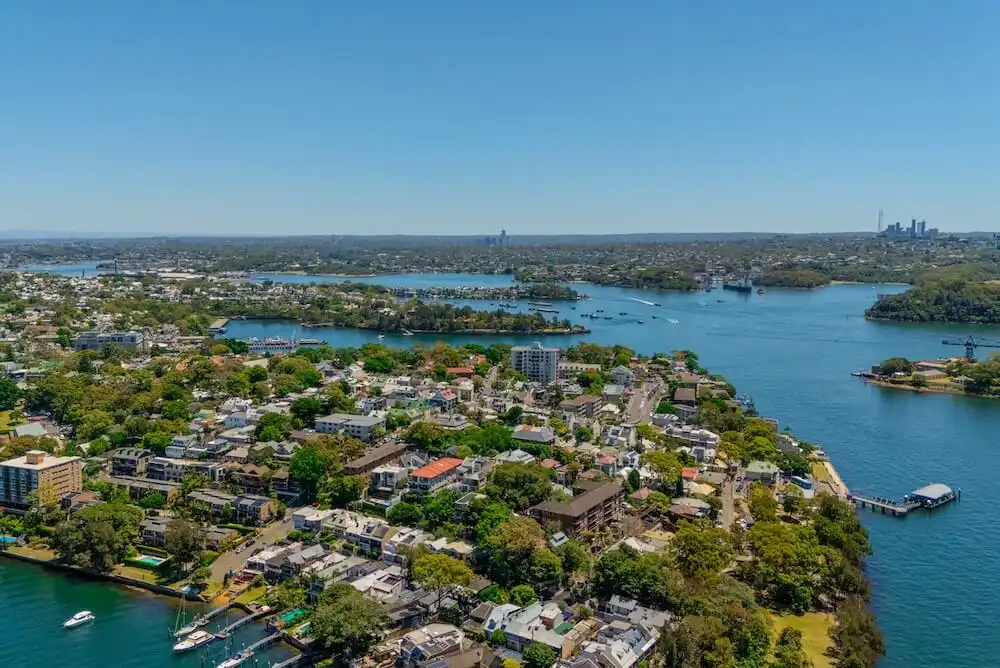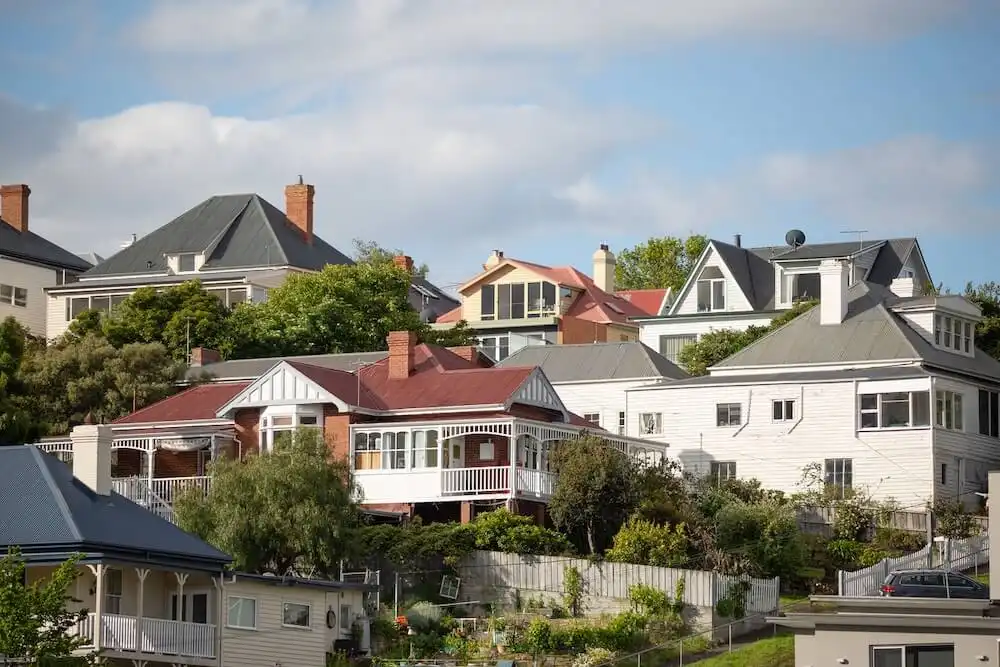5 things sellers need to watch in 2022
The new year is now well and truly underway, and from a real estate perspective, it looks like we'll be seeing some very different conditions unfolding.
There are a number of factors determining how and when the market will change that sellers will need to watch closely to be sure they make the right decisions and achieve the best outcomes.
If you're considering selling in the next 12 months, here's what you need to know.
Interest rates are tipped to rise
With inflation on the up, it's looking more and more like the Reserve Bank of Australia is going to begin hiking interest rates before the end of the year.
That means consumer confidence is going to take a hit as mortgages become more expensive and buyers' borrowing power decreases. Essentially, it's predicted to bring an end to this growth cycle.
Westpac is expecting the RBA will make their move in August, saying the cash rate could rise from 0.1 per cent currently to 1.75 per cent by early 2024, though exactly how it all plays out is still uncertain.
Anybody considering selling in the next 12 months should keep a close eye on how all of this unfolds, as it's going to have a significant impact on the housing market.
BuyersBuyers co-founder Pete Wargent advised, "if you're looking to sell, doing it sooner rather than later would be my thinking because sentiment is currently buoyant and there are plenty of buyers around, which is not always the case."
Growth is forecasted to peak before prices begin to drop
The latest market forecast from NAB makes some dramatic predictions, including a -9.3 per cent drop in national property prices for 2023.
Other banks and economists have proposed similar price drops for next year, with interest rates playing a key role.
NAB's report states that "a turning point in prices is expected to begin in late 2022."
Until that point, further growth is still forecasted in most markets, but to a much smaller degree than we saw in 2021.
Aside from interest rates, ever-rising affordability pressures are another major factor in the slowdown of growth, especially in Sydney and Melbourne.
For sellers who are holding out for the peak of the market before listing their property, it looks as though there won't be much more to be gained as this year unfolds.
Supply and demand may finally balance out
The 2021 housing boom was driven in large part by very low levels of stock on the market being met by a huge amount of buyer demand.
Total listings remained far below average throughout the year and the rate of new listings coming online was never able to keep up with the rate at which properties were being snapped up, resulting in fierce competition driving prices higher and higher.
While demand is still outstripping demand so far in 2022, agents are expecting an influx of new listings to come onto the market as Easter approaches, shifting that balance.
Tristan Tomasino, director of Biggin & Scott in Melbourne's Buxton, told OpenAgent "demand is going to outweigh supply for a little bit, but come the end of February and March, that will change again and it might become a little bit more of a buyer's market."
CoreLogic's research director Tim Lawless shared a similar sentiment, saying stock levels will "normalise" while "affordability constraints along with tighter credit conditions [will] drag down demand."
The federal election could shake things up
Even before the polls open, federal elections in Australia typically slow down market activity while campaigning is underway as the public waits to see what the coming years have in store.
After everything that's transpired over the past 12 months, Pete Wargent said in a BuyersBuyers article that housing affordability is likely to be "a key tenet of the election campaign" in 2022.
"If the Coalition is returned in government, then we can most likely expect no major changes, but Labor have made some interesting proposals with regards to affordable housing, and at a later point of time could choose to target investors which would, in turn, dampen housing demand."
Mr Wargent and BuyersBuyers co-founder Doron Peleg both concede that, whichever way the election results fall, it's unlikely that issues around affordability will truly be improved or resolved.
Even so, sellers considering listing within the first half of the year should be wary that, once the election is called, there may be some disruptions to the market as buyers and sellers alike pause for an outcome.
Beyond that, at this point we can only speculate as to how the successful party will handle the housing market moving forward, either way it's going to be interesting to watch.
International borders reopening may work in favour of price growth
After close to two years of stagnant immigration, the Australian borders are finally set to reopen to the rest of the world, and that's likely to have a measurable impact on housing.
A growing population due to migration means more demand for housing, and that's one factor that could help push back against falling property prices.
AMP chief economist Shane Oliver told the ABC "if immigration were to come back rapidly, we would see significant upward pressure on rents and significant upward pressure on house prices."
It also means more demand for rentals, particularly from international students in Sydney and Melbourne where inner-city units have been hit hard, and that should pique the interest of investors.
If the past 24 months have taught us anything, it's that nothing is a certainty, so today's plans for immigration could be derailed by something next week.
But there may still be a fresh wave of demand from incoming buyers and renters once the borders reopen to pre-pandemic levels.
There's a lot to consider in 2022. If you're looking to sell at any point this year, speaking to a top local agent is the best first step towards understanding when and how to list in order to get the best result possible.







